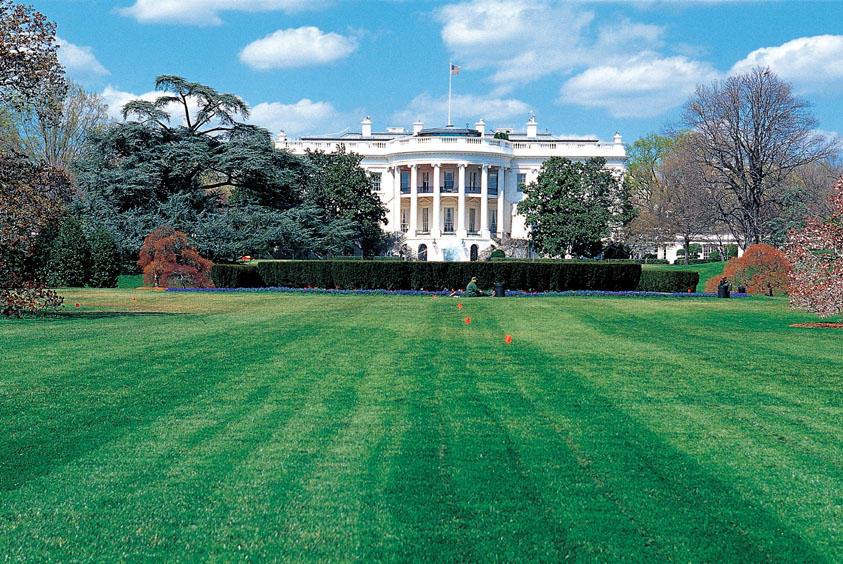
DEMOCRAT
For the Democratic Party, senators Hillary Rodham Clinton (NY), Barack Obama (IL) and John Edwards (NC) have all expressed their intent to run for office and are currently leading their party in public interest.
Clinton, well known for her dissatisfaction of the current Administration’s approach to Iraq, has frequently expressed opposition to the current plan to increase the number of troops in Iraq. Her strategy emphasizes increased Iraqi responsibility while reducing the reliance on the American military. In support of this approach, Clinton recently introduced legislation that would cap the number of troops as of January 1, 2007 and imposes conditions for continued funding of Iraqi security forces and private contractors working for the Iraqis.
Obama has also dismissed the surge in troops by introducing his own legislation, the Iraq War De-escalation Act of 2007. This proposal also caps the number of troops as of early January 2007, as well as initiates a phased redeployment of U.S. troops out of Iraq no later than May 1, 2007. In addition, Obama calls for an enforcement of the 13 benchmarks for progress established by President Bush that require Iraq to make progress toward fulfilling security commitments and reducing violence, reaching a political solution and fulfilling its commitment to spend at least US$10 billion in reconstruction and economic development.
Also dissenting against the President’s initiatives, Edwards believes the first step in resolving the situation in Iraq is to immediately remove 40,000 to 50,000 troops from Iraq with a complete withdrawal of all combat troops within 12 to 18 months. By removing the troops, Edwards believes that Iraqis will assume greater responsibility for rebuilding their country, while allowing the U.S. to focus on other challenges, such as the production and proliferation of weapons of mass destruction, genocide in Darfur, extreme poverty and the fight against terrorism.
REPUBLICAN
In contrast to Clinton, Obama and Edwards, the leading Republican Party candidates, Senator John McCain (AZ) and Rudy Giuliani, former mayor of New York City, tend to offer their support of President Bush and his current actions in Iraq.
McCain believes that the Iraqi people will continue to rely on extra-governmental forces, such as Sunni and Shiite militias, for protection until the government is able to do so independently. As a result, McCain believes additional troops are necessary to allow the Iraqi government to continue to make progress and govern autonomously. If this strategy is to be successful, the surge in troops must be substantial enough to make a difference and sustained long enough for the Iraqi government to more firmly establish and maintain their authority. Once the government exercises greater authority, Iraqi leaders will then be required to start taking steps to go after militias, create a more equitable distribution of resources, and institute an increase in employment-generating economic projects.
Giuliani, recognized for his response following the September 11th attacks in New York, supports President Bush’s actions and feels that it is important for the war to be carried on as he envisioned it. Giuliani states that Bush changed the United States’ approach to terrorism from defensive to offensive. While progress has been difficult, he feels that Bush has proven to be a strong leader who sticks to his policies and continued support of these initiatives is necessary for success in Iraq.
As each candidate has their own perspective on how to approach the situation in Iraq, whoever is elected will ultimately have a considerable impact on homeland security and whether or not we continue to stay the course. In the coming months, it will become increasingly important for citizens to stay informed on the candidates and their positions regarding Iraq and a number of other issues. The World Protection Group intends to be a resource in this endeavor.
This article was authored by The World Protection Group, Inc., a Los Angeles-based global provider of executive protection & threat management, uniformed protective service, security consulting, and asset protection. To learn more about WPG, please contact Craig Chamberlain, V.P. of Sales & Marketing at (310) 550-4319 or by email at cchamberlain@theworldprotectiongroup.com.
For more information, please send your e-mails to swm@infothe.com.
ⓒ2007 www.SecurityWorldMag.com. All rights reserved.
|



